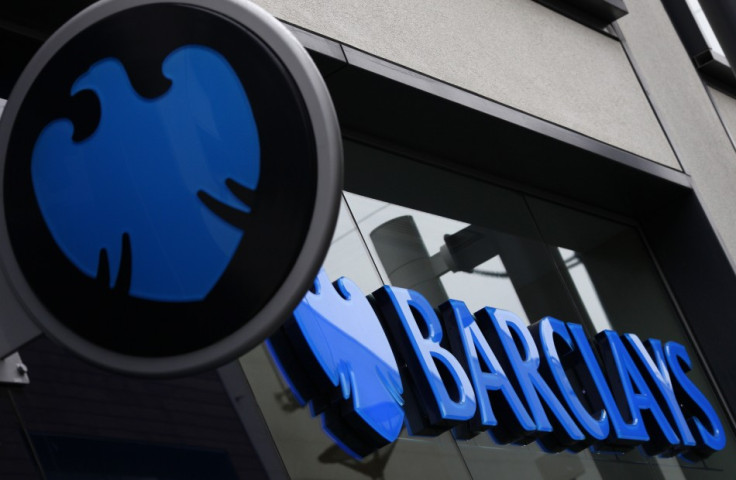EXCLUSIVE: Barclays Settles With SME Owner Sara Pearson on Mis-Selling Derivatives

Barclays, one of the four UK banks that is now banned from selling interest rate swap agreements (IRSA) to small-to-medium enterprises (SME), has settled out of court with business owner Sara Pearson - who claimed the bank mis-sold her such a product.
Two sources close to the case told the IBTimes UK exclusively that Sara Pearson settled with Barclays during the week commencing 3 September, for an undisclosed amount ahead of a hearing scheduled for October this year.
However, according to the claim form filed earlier this year, Pearson 'expects to recover circa £228,354'.
In general, when legal cases reach a settlement, there is usually a non-disclosure agreement in place, which means both sides are prohibited from discussing the terms of the case or the settlement itself, making it difficult to get confirmation or comment from Barclays and the SME's lawyers Carter-Ruck.
Barclays told IBTimes UK:
"The legal proceedings between Sara Pearson as Claimant and Barclays Bank PLC as Defendant have been concluded on mutually acceptable terms. The terms are confidential between the parties. No further comment will be made on these proceedings."
IBTimes UK contacted the law firm Carter-Ruck, which represented Pearson but a statement was not provided at the time of printing this article.
Market experts and lawyers tell IBTimes UK that when businesses file legal proceedings against a bank over alleged mis-selling of derivatives and are therefore seeking compensation, it is usually settled before it goes to court.
The move to settle before the hearing date suggests that litigation proceedings against a bank are swifter than waiting for the banks to conduct its investigations into each case, with the help of an independent review.
At the end of June, the Financial Services Authority (FSA) found "serious failings" in the way banks have sold complex interest rate hedging-products to SMEs, and banned Barclays, HSBC, RBS and Lloyds from selling these products to these customers in perpetuity.
Under an agreement with the FSA, the banks are now in charge of leading investigations into all the potentially affected customers with the aid of independent reviewers, who are overseen by the FSA.
The FSA said that although not all businesses will be owed redress, for those that are, the exact redress will vary from customer to customer and could include a mixture of cancelling or replacing existing products, together with partial or full refunds. The banks will be in charge of deciding the level of compensation for each customer individually, should it find that it mis-sold that customer the product.
According to Barclays' interim results, "on 29 June 2012, the FSA announced that it had reached agreement with a number of UK banks (including Barclays) in relation to a review and redress exercise to be carried out in respect of interest rate hedging products sold to small and medium sized enterprises.
"A provision of £450m has been recognised based on initial estimates relating to the appropriate implementation of the agreement, although the ultimate cost of this exercise is uncertain."
A representative at the FSA told IBTimes UK: "The independent reviewers will be a key part of the process to make sure that this is resolved properly. There is a lot of information on our website about this. Discussions with the banks have been wholly focused on getting the right outcome for those people who bought these products and insuring that there is a thorough review of their sales."
However, in an exclusive investigation by IBTimes UK, experts revealed that there are many elements of the FSA and banks' agreement that could potentially hurt UK businesses' options when seeking redress, including the lack of a set deadline for the investigations.
If there is no deadline for the investigations, it could mean businesses could face years of waiting, while also continuing to make payments on the disputed swap, making it more difficult to conduct their day-to-day business.
A delay in investigations could also mean that customers may fall on the wrong side of the statute of limitation, which is currently set at six years. The risk of further delays could mean a customer may not to be able to file legal proceedings against a bank, should it choose to do so later on.
© Copyright IBTimes 2025. All rights reserved.






















